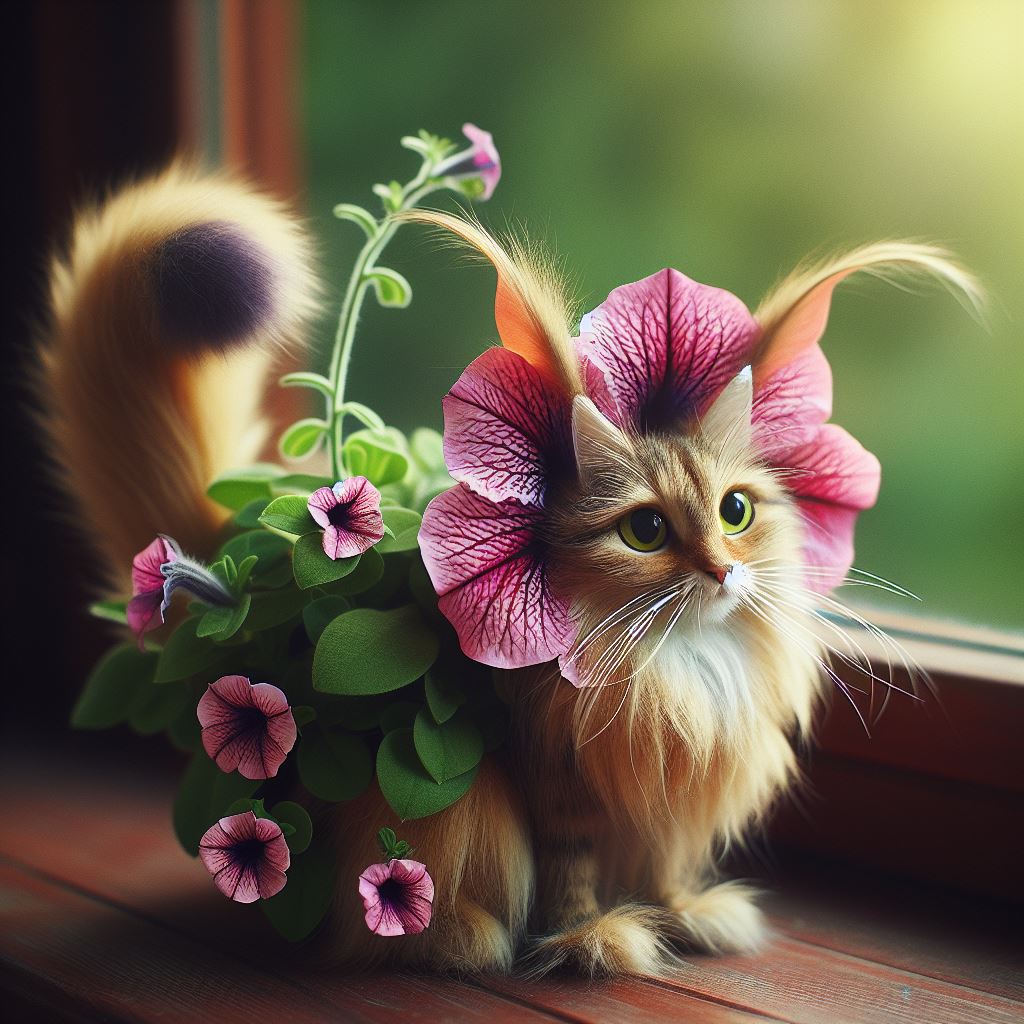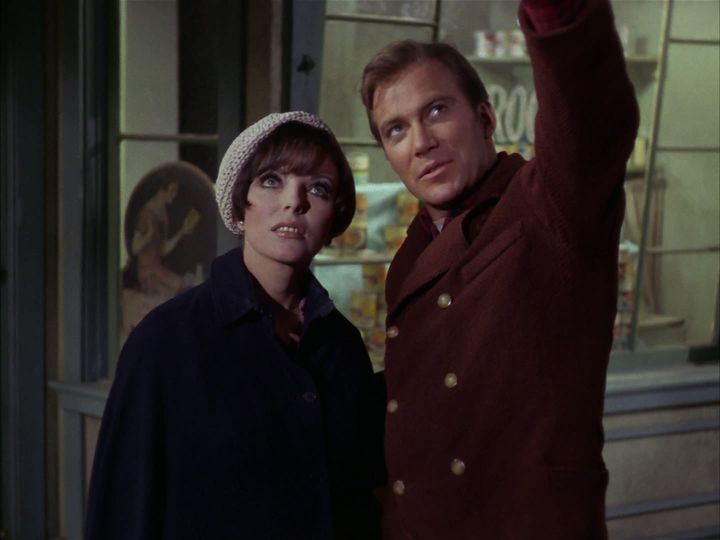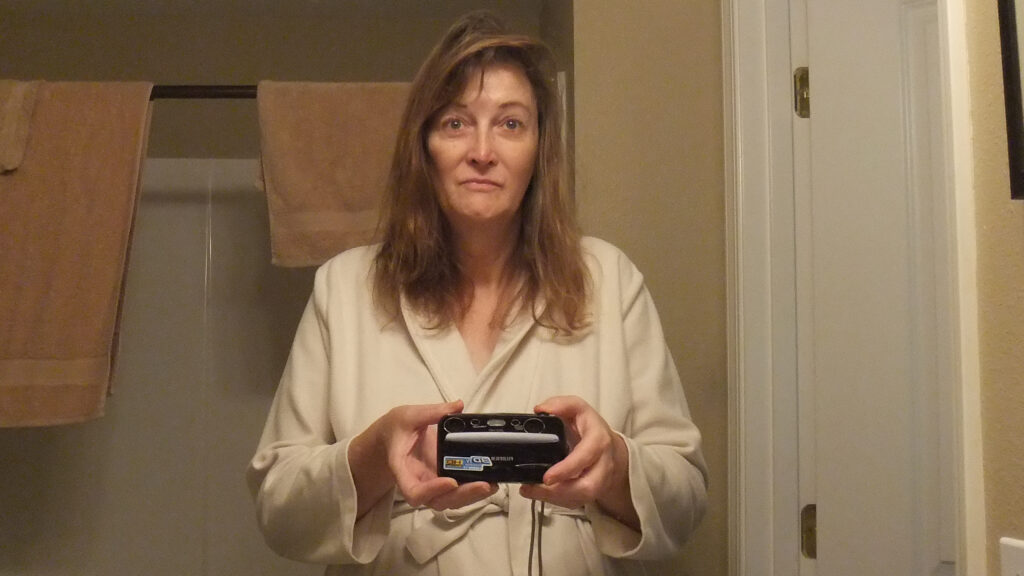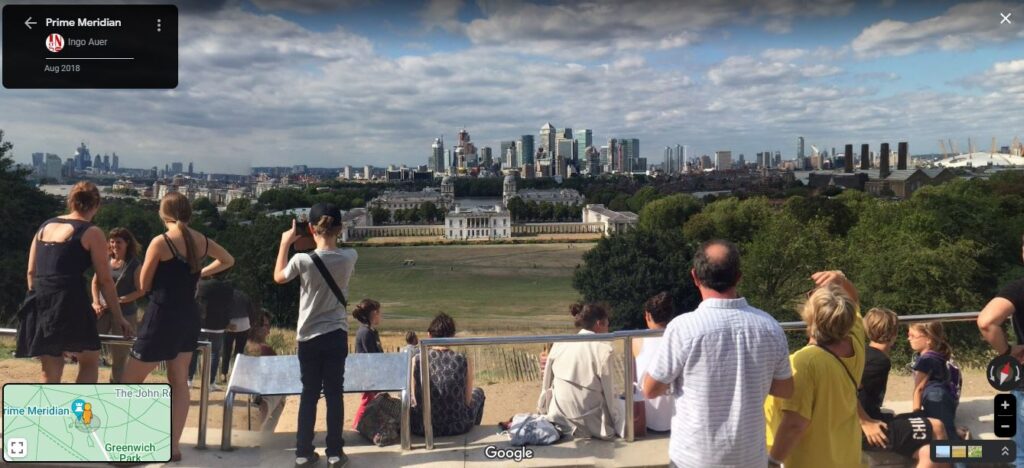This piece struck me as expressing the ethereal sensations spawned by standing within a great cathedral, feeling both in awe and diminished somehow. Written and recorded in my Composer’s Sketchbook in the 1990s.
Category Archives: Newest Additions
10 Essential Tips for Beginning Writers

1. WRITE!
What makes you a writer? Writing makes you a writer. Being a writer says nothing about how good you are, how prolific you are, whether you are published or not. When you write you are a writer. When you don’t, you aren’t. So practice your craft and proudly call yourself a writer.
2. You are only as good as your own talent. GET OVER IT!
You have a gift. Maybe its a grand one and maybe you wish you could exchange it. But you can’t. It’s your gift and its only as good as it is. Sure, you can learn technique and structure and vocabulary, but you can’t be any better than you have the capacity to be. So grow up, deal with it and write fiercely.
3. Don’t try to be Shakespeare; he didn’t!
Every human being has a unique set of experiences so every writer has a unique perspective and a unique voice. Don’t try to copy someone’s style or subject matter or message. Tell us what you think, what you feel, what you see. There is a place in the universe for every individual mind. If you try to copy the shape of someone else’s spirit, that place will have already been taken. Be yourself and your place in the grand scheme of things is waiting.
4. Write from your passionate self
We all wear a mask to protect us from hurt in the world. It also blocks the light of our vision. As children, we quickly learn which behaviors are praised and which are punished. We learn to act other than we really feel to maximize our experience. In time,we buy into that mask, believing it is who we really are. But the mask evens out the peaks and troughs of our passion, leaving us afraid to explore the depths of our passion and reveal our true selves in words. To speak with a clarion voice, you must shatter the mask, discover your actual self, and thrust it into the world.
5. Be a Story Weaver – NOT a Story Mechanic!
Structure is important but not at the expense of passion. No one reads a book or goes to a movie to experience a great structure. Authors come to a story to express their passions and readers and audience members come to ignite their own. While structure is the carrier wave upon which passion is transmitted, without the passion, it’s just noise. Conversely, passion without structure can be full of sound and fury yet signifying nothing. So find the proper balance. Let passion be your captain and structure be your guide.
6. Let your Muse run wild.
The easiest way to give yourself writer’s block is to bridle your Muse by trying to come up with ideas. Your Muse is always coming up with ideas – just not the ones you want. If you try to limit the kind of material you will accept from her, she’ll shut up entirely. So let your Muse run free. When she gives you an hysterical moment with a polka-dot elephant while writing a serious death scene, consider including it, perhaps as an hallucination. Give it a try, it might liven up your death scene! And after you’ve written it, if it doesn’t work, then save it in a file for later use. It may seem like a waste of time, but your Muse will know she has been treated with respect, and will likely now give you just the idea you need.
7. Don’t be a slave to convention
Beginning writers often look to other successful stories to learn how things ought to work. But so do all the other beginning writers. A book editor, agent, or script reader sees hundreds of manuscripts every year, all made up of the same pieces and hitting the same marks. You’ll never get noticed in that crowd. If you want your work to be discovered, break format, shake it up, do something different. Make your sheriff 8 years old, make your two lovers twins, set your gothic romance underwater. You’ll never be noticed if you don’t stand out.
8. Be your own critic without being critical
Write something. Do it now. Now look at it not as an author, but as a reader or audience and ask questions about it. For example, I write, “It was dawn in the small western town.” Now I ask: 1. What time of year was it? 2. What state? 3. Is it a ghost town? 4. How many people live there? 5. Is everything all right in the town? 6. What year is it. Then let your Muse come up with as many answers for each question as possible. Example: 6. What year is it? A. 1885 B. Present Day C. 2050 D. After the apocalypse. Then repeat: D. After the Apocalypse. 1. What kind of apocalypse? 2. How many people died? 3. How long ago was the disaster, and so on. By alternating between critical analysis and creative Musings, you will quickly work out details about your story’s world, who’s in it, what happens to them and what it all means.
9. Avoid the Genre Trap
Too many beginning writers see genres as checklists of elements and progressions they must touch, like checkpoints in a race. But a genre is not a box in which to write. It is a grab bag from which to pull only those components you are truly excited to include in your story. Every story has a unique personality, you build it chapter by chapter or scene by scene with every genre choice you make. By drawing on aspects of many different genres and combining those pieces together, you can fashion an experience for your readers or audience unlike any other.
10. WRITE!
No matter what your natural ability, you will never approach your potential without exercise. Jot down every idea. Carry it as far as you can before it runs out of steam. Do it again, and again: as many different ideas as far as you can take them. Write nonsense words. Write your concept of a villain’s shopping list for the supermarket (they have to eat, don’t they?) Write about anything. Write about nothing! But don’t stop, not now, not ever. You are a writer aren’t you? Then for God’s sake, WRITE!
Melanie Anne Phillips
Catunia

What is more beautiful than flowers and cats? What if you combined them? I’m big into mash-ups so I worked with AI to visualize that concept. I ended up with a whole series of images that I keep adding to, but this was the first, and actually my personal favorite. More to come.
James T. Kirk Taking a Selfie with Edith Keeler

Saw this image in an article about the episode and it struck me thus.
Do you think writing captions is art?
No matter.
How Real Life Becomes Stories

True story – Teresa just said to me (wrapping up a conversation):
I guess we’d better steer clear.
My response:
I saw a clear steer once. It was an ice sculpture. Quite beautiful until the refrigeration went out. Then it started to melt. The first thing to go were the horns, and then it just looked like a cow. And then the whole thing started to soften and puddle. And there was an air pocket in it, and a small hole opened up so as the cow collapsed, a low sad moan came out of it that sounded like, “MMMOOOoooooooo….,” as it slowly faded away.
(Apologies for stealing the style of Tim Conway – Google him, youngsters…)
Dogs vs. Cats
From my Facebook page The Curator

John Venn’s Birthday
Found by me as The Curator on Facebook:

The Artist Perplexed

Yep. That’s me. Trying to come up with a frigging idea… Here you’ll find the results of the ideas I eventually did come up with.
Even if you are not a Patron of mine on Patreon you’ll find new articles here every week including serializations and excerpts from my writings, streaming audio versions of my music including outtakes and alternate versions, a variety of photographs including different compositions from the same sessions, and links to the best videos and articles on Dramatica I’ve published over the years.
My Patrons (sign up here for just $1 per month) see everything I post plus they receive frequent digital downloads of my most popular complete eBooks, songs, and art photographs (in full-resolution). For fans of my Dramatica theory of story structure there are downloads, all-new articles and videos about aspects of the theory never before published, and behind-the-scenes stories about how the theory was developed and what lies ahead.
In addition, they get regular posts about all my ongoing projects PLUS exclusive commentary about how previously published works were created including books, music, videos, photographs and more, providing detail into the thought processes behind them. They also get a first look at new completed projects before they are made available to the public and advance notice of new projects in the works.
AND, Patrons can message me directly through Patreon to let me know what you’d like to see more of or ask a few questions.
Either way – through free browsing here or by supporting this poor artist as a Patron – I hope you find my efforts are as interesting and illuminating to you a they are to make.
Melanie
The London Skyline from the Prime Meridian

The science fiction thriller book series I am writing, called The Event, requires more research than any other project I’ve ever created. For example, never having been to England, I knew nothing of what the area around Greenwich and the Prime Meridian looked like. Part of my research was to get a visual sense of what it was like to stand on the Observation Deck and look out over London.
New FB Page for Snippets and Bits
Just created a new Facebook page to share quotes from my book series Snippets and Bits. There will be a new excerpt posted every day. Check it out at: